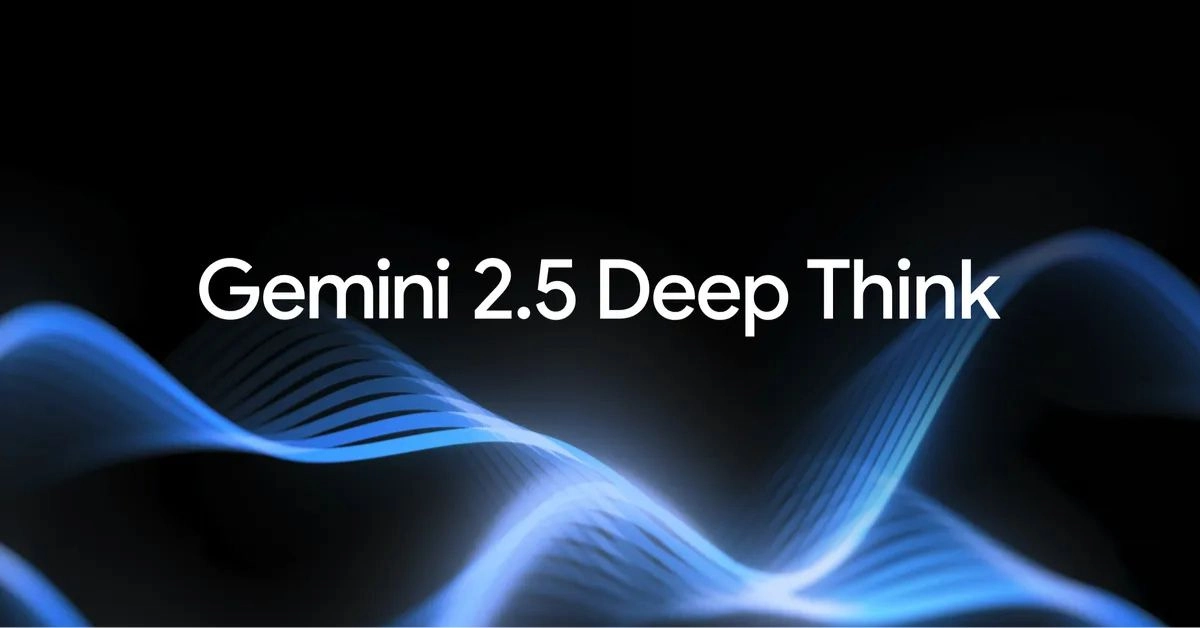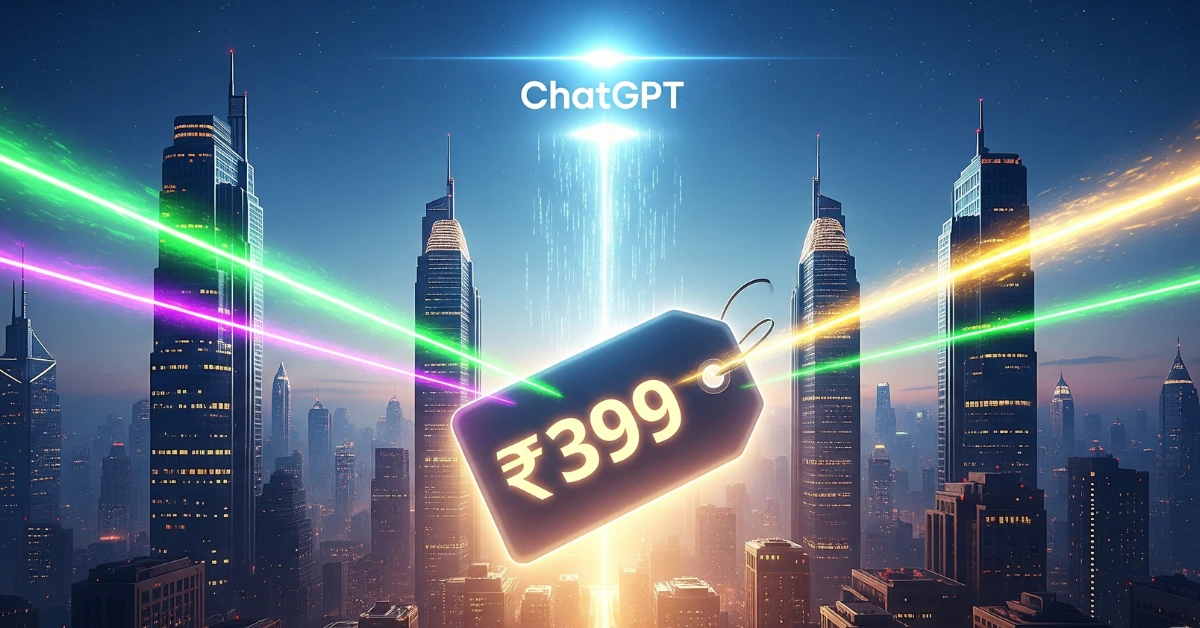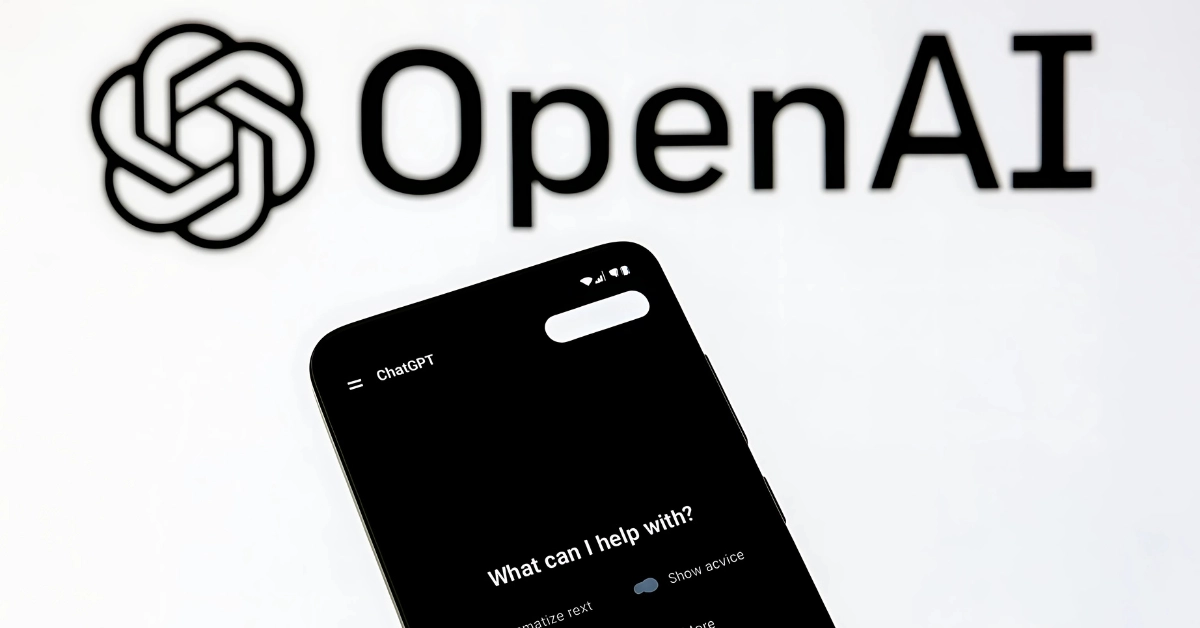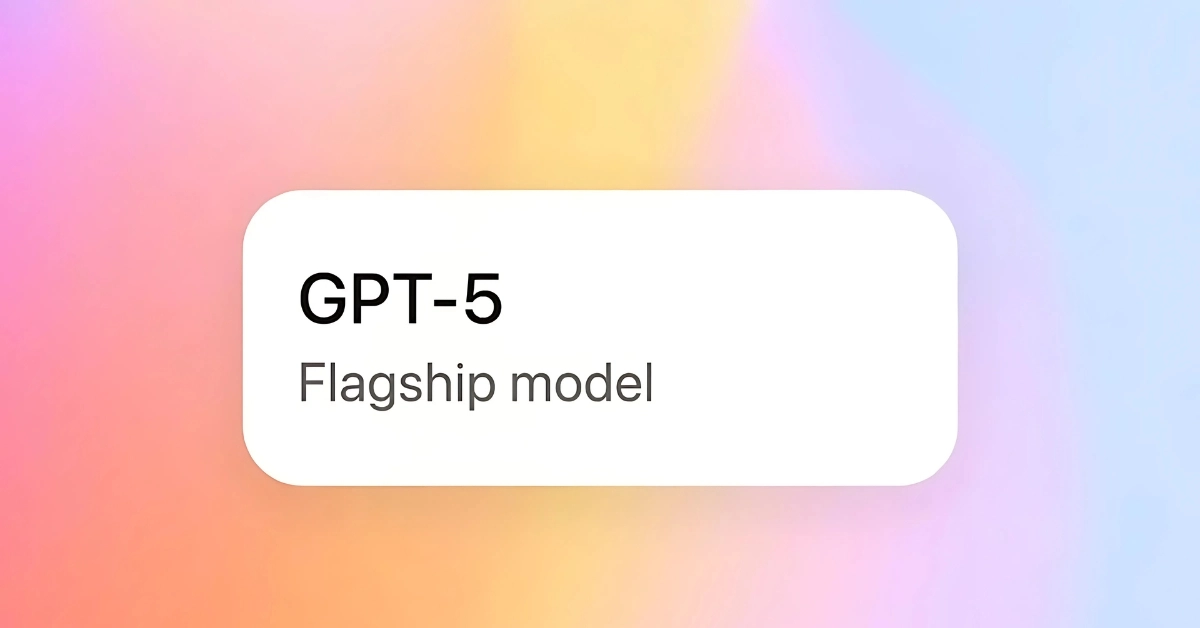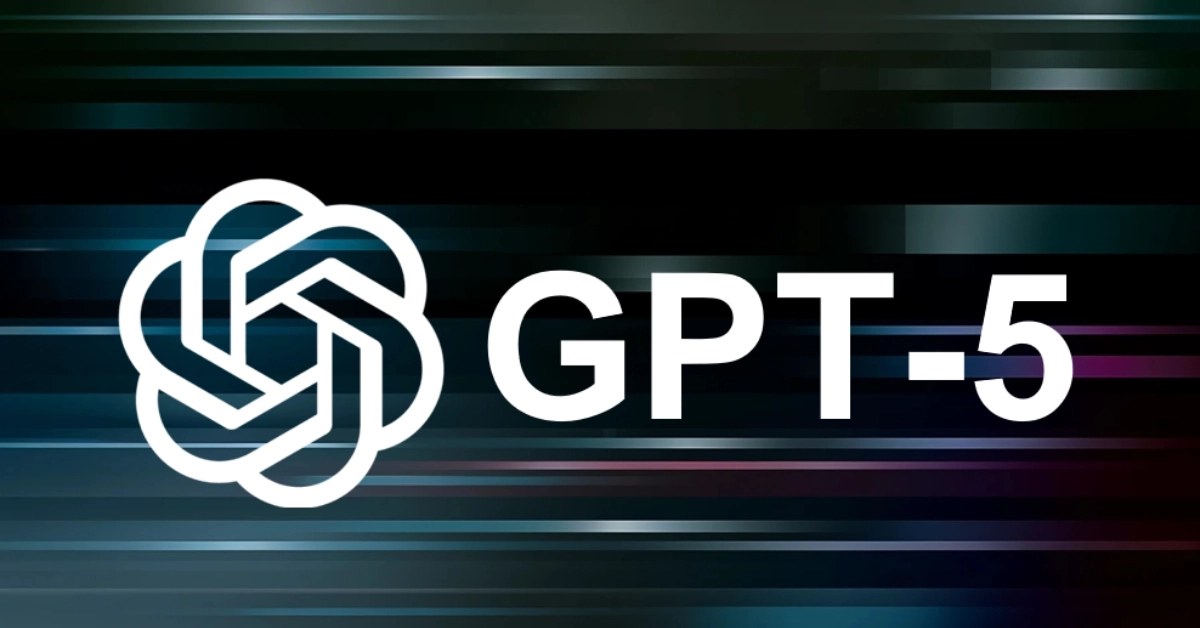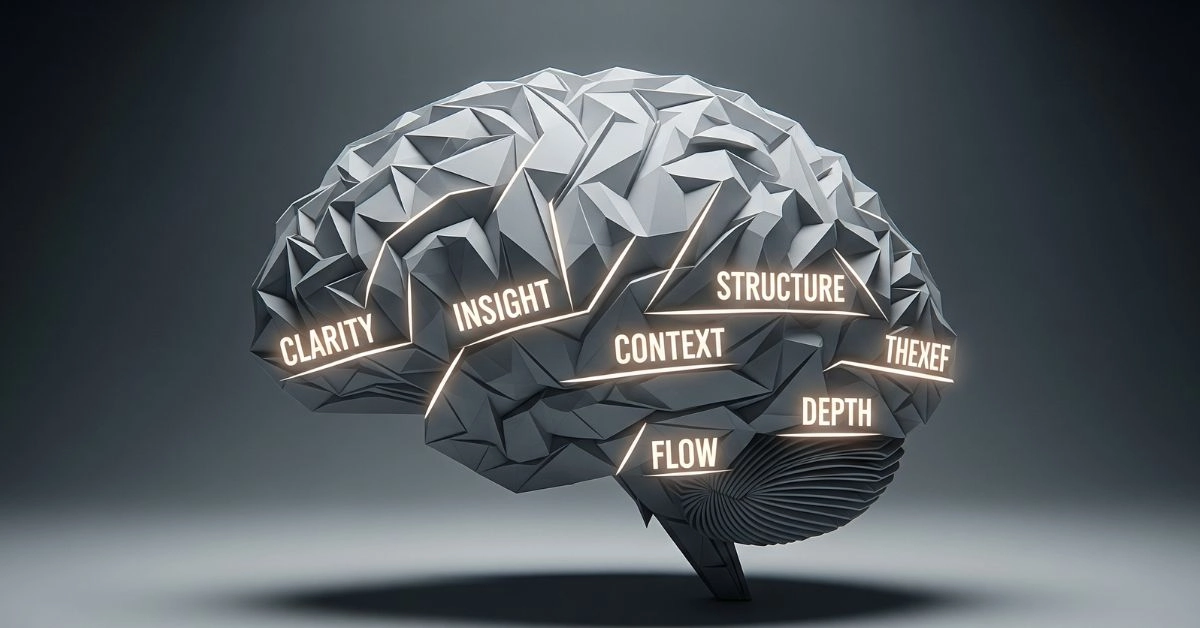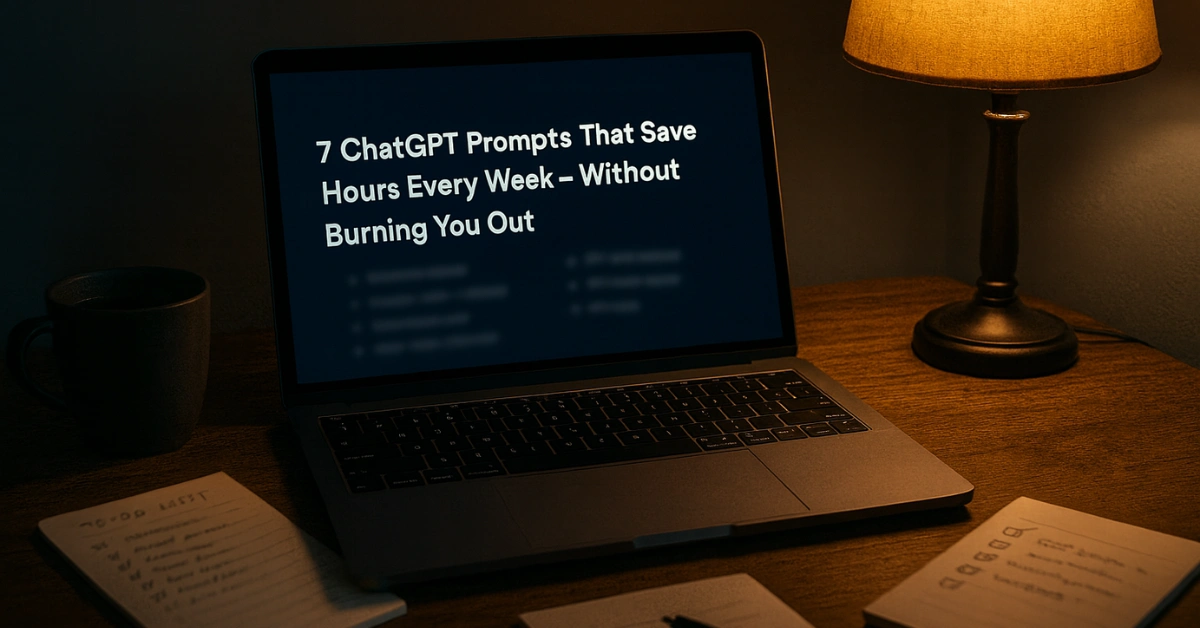From Shortcuts to Real Understanding
When OpenAI launched Study Mode in ChatGPT, it hinted at a new era for AI in education. For years, AI tools have been brilliant at delivering instant answers — but instant answers are not always learning. They’re quick fixes, like peeking at the back of the textbook.
Now Google has stepped into the same arena with Guided Learning, a new mode inside its Gemini AI platform. On the surface, it’s Google’s response to ChatGPT’s Study Mode. But dig deeper, and you’ll see it’s built on a more ambitious promise: turning AI into a patient, adaptive tutor that teaches you to think, not just copy.
It’s a feature with big potential — and an equally big question mark. In a world where students often prefer shortcuts, will they slow down enough to let AI actually teach them? Or will it become another underused button in a crowded app menu?
What Is Guided Learning in Google Gemini?
Guided Learning is Google’s attempt to reimagine how students study with AI. Instead of spitting out solutions, it works like a conversation with a knowledgeable tutor. It asks you questions, challenges your assumptions, and adapts its teaching style to your pace.
The engine behind this is LearnLM, a family of AI models fine-tuned specifically for education. LearnLM is grounded in research from cognitive science, neuroscience, and instructional design. This means Guided Learning is not just “smart” — it’s trained to apply proven teaching strategies like scaffolding (gradually increasing difficulty), active recall, and spaced repetition.
In practice, it feels less like a chatbot and more like a study partner who listens, adjusts, and leads you toward deeper understanding. It’s not trying to replace your teacher or your textbook — it’s designed to fill the gaps between them.
How It Actually Works
Using Guided Learning is straightforward:
- Go to gemini.google.com and switch to Guided Learning mode.
- Ask a question — anything from “What is Newton’s Second Law?” to “Help me study the parts of a cell.”
This is where it changes pace. Instead of dropping a neat paragraph, Gemini might respond with:
“What examples of force in daily life can you think of?”
Your answer shapes its next move. Step by step, it builds context, integrates visuals, and adds detail until you arrive at the concept together. Along the way, you might see:
- 3D diagrams for science topics
- Short embedded videos for complex processes
- Interactive quizzes to test what you’ve absorbed
- Flashcards generated from your uploaded notes or textbook pages
This is adaptive learning in action. It doesn’t rush. It waits, responds, and builds on your knowledge level — making the path to the answer as important as the answer itself.
Multimedia and Smart Study Tools
Most AI assistants answer in text. Guided Learning breaks that mold. It brings visual learning aids front and center, making abstract ideas easier to grasp.
Ask about the process of photosynthesis and you might see a labeled diagram of a plant cell alongside a concise explanation. Dive into trigonometry and you could get an animated graph that updates with each example.
It goes further. Guided Learning can turn your own materials into a personalized study kit:
- Flashcards for quick recall
- Practice quizzes with instant feedback
- Study guides organized by topic difficulty
These tools aren’t static. Upload your lecture notes or textbook chapters, and Gemini will adapt them into formats that fit your learning style — whether that’s visual, auditory, or interactive. For students preparing for competitive exams or complex subjects, this transforms Gemini from a Q&A bot into a self-contained learning platform.
Built With Educators, Not Just Engineers
Guided Learning wasn’t just coded in a lab. Google worked directly with teachers, learning scientists, and curriculum designers to shape it into a responsible, effective tool.
The backbone is LearnLM, which bakes in principles from real-world classrooms:
- Socratic questioning to push critical thinking
- Scaffolding to gradually increase challenge
- Spaced repetition to help retain knowledge over time
By blending these with AI’s speed and adaptability, Guided Learning aims to keep the human essence of teaching intact — curiosity, patience, and personalization — while removing bottlenecks like time constraints and limited one-on-one attention.
Google also made it classroom-ready. Teachers can create Guided Learning links and drop them directly into Google Classroom, turning it into a shared learning space where students interact with the AI under guidance.
Vs ChatGPT’s Study Mode: A Tale of Two Tutors
At first glance, ChatGPT’s Study Mode and Gemini’s Guided Learning appear to be siblings. Both avoid dumping full answers. Both break problems into smaller, digestible steps. Both try to keep the learner engaged.
But their personalities differ.
- ChatGPT’s Study Mode is quick, focused, and efficient — like a private coach who gets straight to the point. It’s mostly text-based, with minimal visuals unless prompted.
- Gemini’s Guided Learning is slower, more immersive, and multimedia-rich. It’s like a tutor who brings out whiteboards, videos, and physical models to explain a point.
For students who want efficiency, ChatGPT might be the faster choice. For those who prefer exploration and context, Gemini could feel more rewarding. The “better” option depends on whether you value speed or depth.
Will Students Actually Use It?
This is the million-dollar question. Technology can be brilliant, but its impact depends entirely on whether people actually use it — and use it well.
Students under deadline pressure might still opt for the fastest path: direct answers. Guided Learning deliberately slows the process to encourage understanding, which could make it less appealing to anyone looking to “just get it done.”
Where it could shine is in structured environments:
- Classrooms where teachers guide how it’s used
- Study groups preparing for exams
- Self-motivated learners who want mastery, not shortcuts
If Google can position Guided Learning not as an extra step but as a smarter, more effective route to the same end goal — passing that exam, completing that project — it might win over even the shortcut-seekers.
Who Gets Free Access and What’s Included
Guided Learning is part of Google’s AI Pro Plan, which is being offered free for one year to eligible students in:
- India (register by September 15, 2025)
- US, Japan, Korea, Indonesia, and Brazil (register by October 6, 2025)
The AI Pro Plan unlocks:
- Gemini 2.5 Pro for advanced, multimodal AI assistance
- Deep Research for AI-generated reports from vetted sources
- NotebookLM with expanded capacity for notes, audio, and video overviews
- Veo 3 for creating short educational videos from text or images
- Gemini Live for real-time, voice-based academic help
- 2 TB of Google Drive storage for projects, coursework, and study materials
This isn’t just a free trial. It’s Google giving students a full year of access to its most powerful learning tools.
How To Use Guided Learning in Gemini
- Open Gemini — Visit gemini.google.com or use the latest Gemini app on mobile.
- Select Guided Learning Mode — You’ll see it as an option next to the chat box.
- Ask Your Question — The more specific, the better. “Explain the Pythagorean theorem” works, but “Help me solve this geometry problem step-by-step” works even better.
- Engage With the Process — Answer its follow-up questions, view the visuals, take the quizzes.
- Upload Materials — PDFs, notes, or slides will help it generate personalized flashcards, summaries, and revision plans.
It’s a simple workflow, but its power lies in active participation. The more you put in, the more you get back.
Final Take: Hype or Real Help?
Guided Learning is one of the most thoughtful AI education features to date. It blends adaptive learning technology with multimedia teaching methods and does so in a way that feels like a real tutor, not a search engine in disguise.
It won’t replace good teachers or motivated study habits. But for students and educators who embrace it, it could transform how information is absorbed, understood, and retained.
The challenge? Overcoming the instinct to take the quickest route. The opportunity? Giving millions of learners an AI that teaches them to think.
FAQ‘s
What is Guided Learning in Google Gemini?
A new mode that helps students build deeper understanding using interactive, multimedia-based tutoring instead of direct, instant answers.
Is it available in India?
Yes. Indian students 18+ can register by September 15, 2025, for a free year of Gemini AI Pro, which includes Guided Learning.
How is it different from ChatGPT’s Study Mode?
Guided Learning is more multimedia-focused, adaptive, and exploratory. ChatGPT’s Study Mode is faster and more text-based.
Can I use my own study materials with it?
Yes. Upload your notes or textbooks, and it can turn them into flashcards, quizzes, or visual explanations.
Does it work on mobile?
Yes. Guided Learning is available in the Gemini mobile app for both Android and iOS.


